Microsoft Edge branded as ‘worrisome’ for user privacy
Research claims the web browser sends telemetry data and URLs to back-end servers


Sign up today and you will receive a free copy of our Future Focus 2025 report - the leading guidance on AI, cybersecurity and other IT challenges as per 700+ senior executives
You are now subscribed
Your newsletter sign-up was successful
Microsoft Edge is one of the least private web browsers, as it sends back device identifiers and web browsing telemetry to back-end servers, according to new research.
An analysis of the browser, which comes bundled in Windows 10 by default, conducted by Trinity College Dublin found that Edge sends “persistent identifiers” to back-end services, as well as the URLs typed into the browser’s pages.
RELATED RESOURCE

Don’t just collect data, innovate with it.
Removing the barriers to the experience economy
Professor Douglas Leith from the university’s School of Computer Science and Statistics looked at the behaviour of other browsers as well and concluded that Edge and fellow browser Yandex were lacking in privacy protections.
“From a privacy perspective Microsoft Edge and Yandex are much more worrisome than the other browsers studied,” Leith explained. “Both send identifiers that are linked to the device hardware and so persist across fresh browser installs and can also be used to link different apps running on the same device.
“Edge sends the hardware UUID of the device to Microsoft, a strong and enduring identifier than cannot be easily changed or deleted. Similarly, Yandex transmits a hash of the hardware serial number and MAC address to back end servers.
“As far as we can tell this behaviour cannot be disabled by users. In addition to the search autocomplete functionality (which can be disabled by users) that shares details of web pages visited, both transmit web page information to servers that appear unrelated to search autocomplete.”
It's worth noting that the collection of user data and browser telemetry isn’t a privacy issue in itself, as such data can facilitate smooth upgrades and feedback when testing new features. But Leith noted that it becomes a problem when such data can be tied to a specific user.
Sign up today and you will receive a free copy of our Future Focus 2025 report - the leading guidance on AI, cybersecurity and other IT challenges as per 700+ senior executives
“When the same identifier is used across multiple transmissions it allows these transmissions to be tied together across time,” Leith said. “While linking data to a browser instance does not explicitly reveal the user’s real-world identity, many studies have shown that location data linked over time can be used to de-anonymize.”
“A second way that issues can arise is when user browsing history is shared with backend servers. Previous studies have shown that it is relatively easy to de-anonymize browsing history, especially when combined with other data,” Leith added.
Not having the ability to opt-out of such privacy-sapping measures flies in the face of other efforts Microsoft has made in recent times to make its data collection and privacy option in Windows 10 and other services more transparent.
Conversely, Leith found that the Brave Browser was the most secure, followed by Google’s Chrome browser, Mozilla Firefox, and Apple’s Safari.
While Microsoft has put in plenty of work to make Edge into an appealing browser, it appears to have more work to do if it wishes to compete with rivals on privacy.
Roland is a passionate newshound whose journalism training initially involved a broadcast specialism, but he’s since found his home in breaking news stories online and in print.
He held a freelance news editor position at ITPro for a number of years after his lengthy stint writing news, analysis, features, and columns for The Inquirer, V3, and Computing. He was also the news editor at Silicon UK before joining Tom’s Guide in April 2020 where he started as the UK Editor and now assumes the role of Managing Editor of News.
Roland’s career has seen him develop expertise in both consumer and business technology, and during his freelance days, he dabbled in the world of automotive and gaming journalism, too.
-
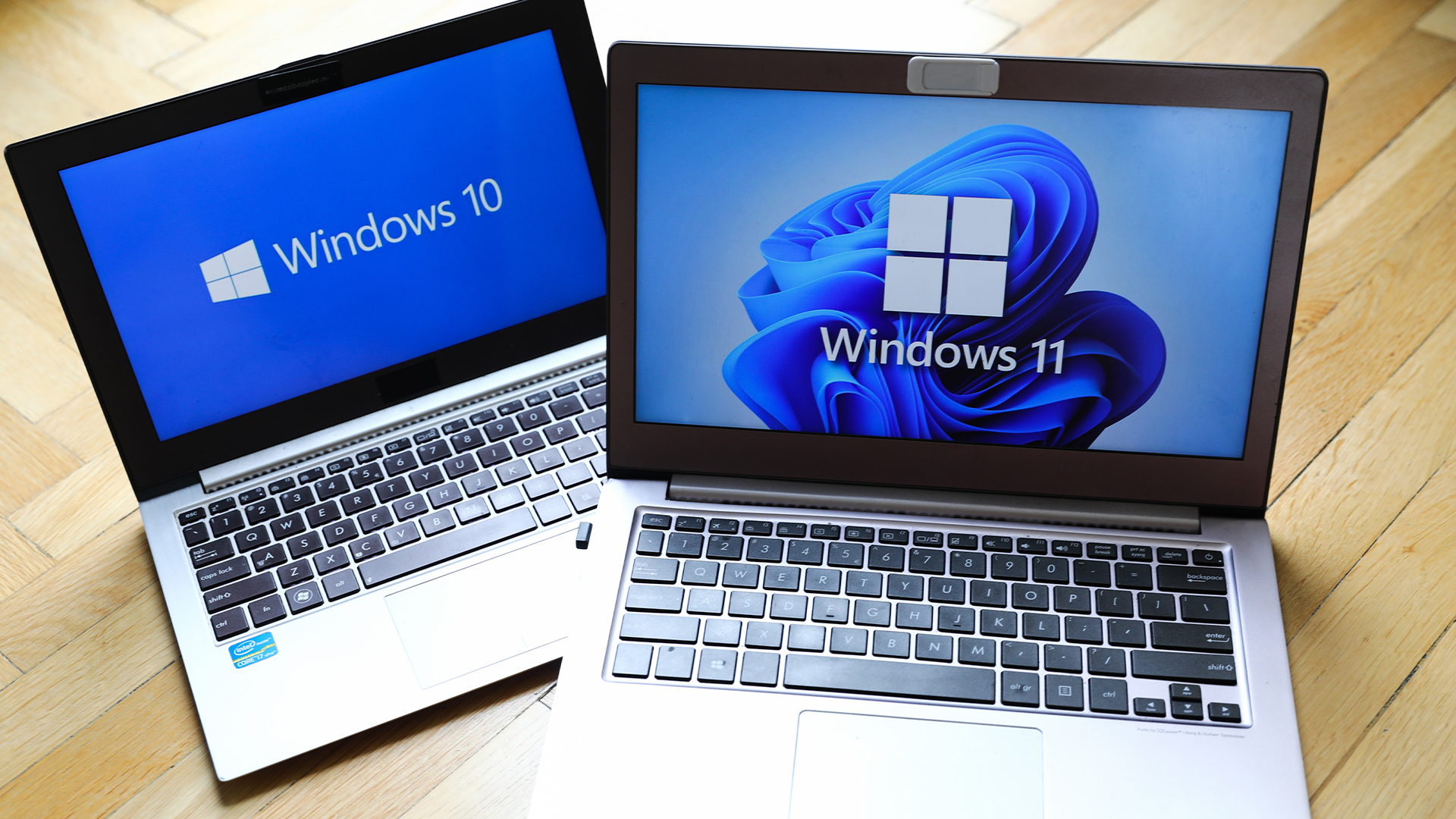 Windows 10 end of life could create a major e-waste problem
Windows 10 end of life could create a major e-waste problemNews The study marks the latest Windows 10 end of life e-waste warning
-
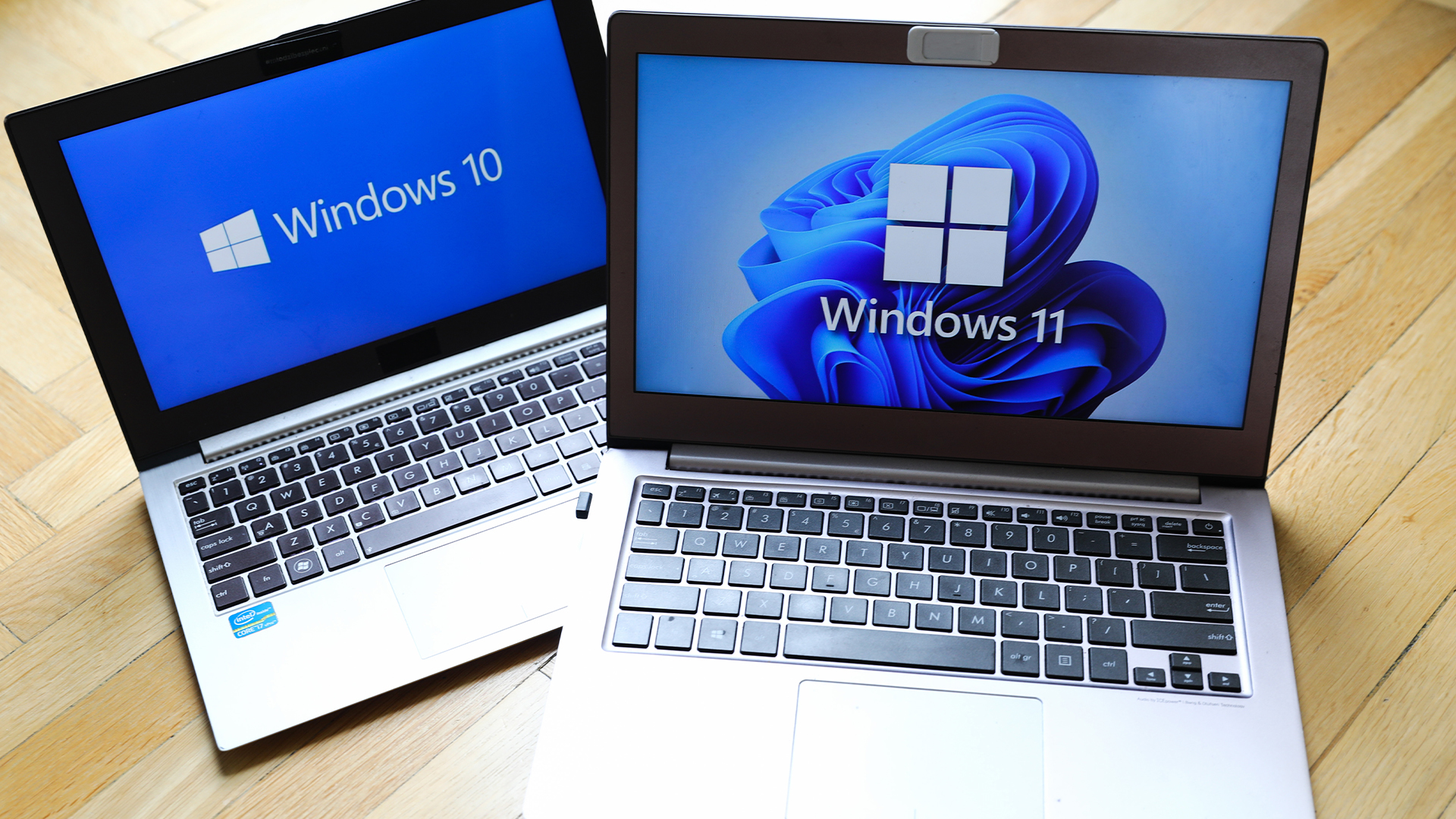 Windows 10 extended support costs could top $7 billion
Windows 10 extended support costs could top $7 billionNews Enterprises sticking with Windows 10 after the October deadline face huge costs
-
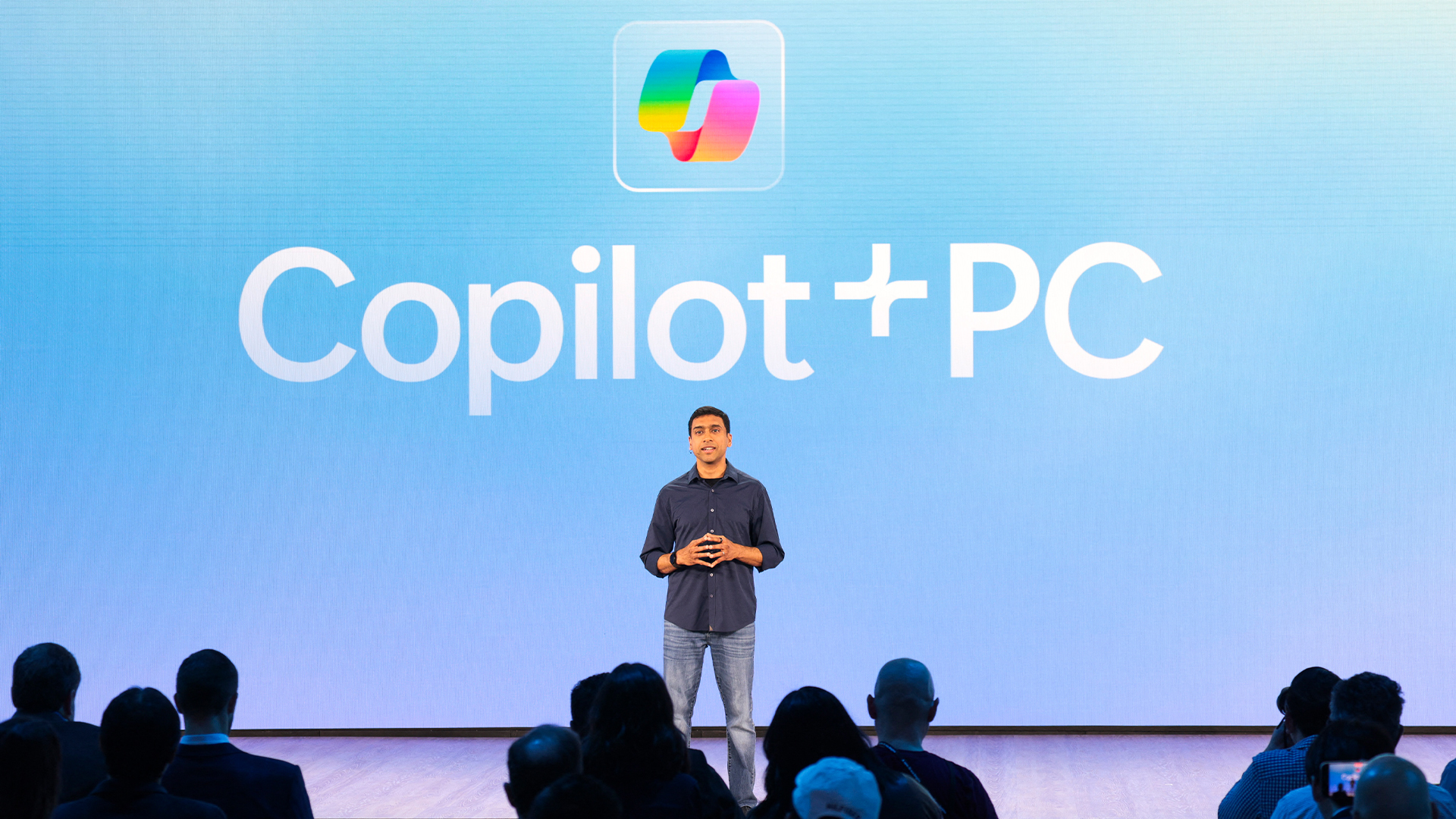 A senior Microsoft exec says future Windows versions will offer more interactive, ‘multimodal’ experiences
A senior Microsoft exec says future Windows versions will offer more interactive, ‘multimodal’ experiencesNews With speculation over a Windows 12 reveal mounting, a senior company figure claims the new operating system will mark a step change for users
-
 Microsoft’s botched August updates wiped SSDs, now it’s breaking PC resets and recoveries on Windows
Microsoft’s botched August updates wiped SSDs, now it’s breaking PC resets and recoveries on WindowsNews An out-of-band patch has been issued by Microsoft to fix a flaw introduced by its August update
-
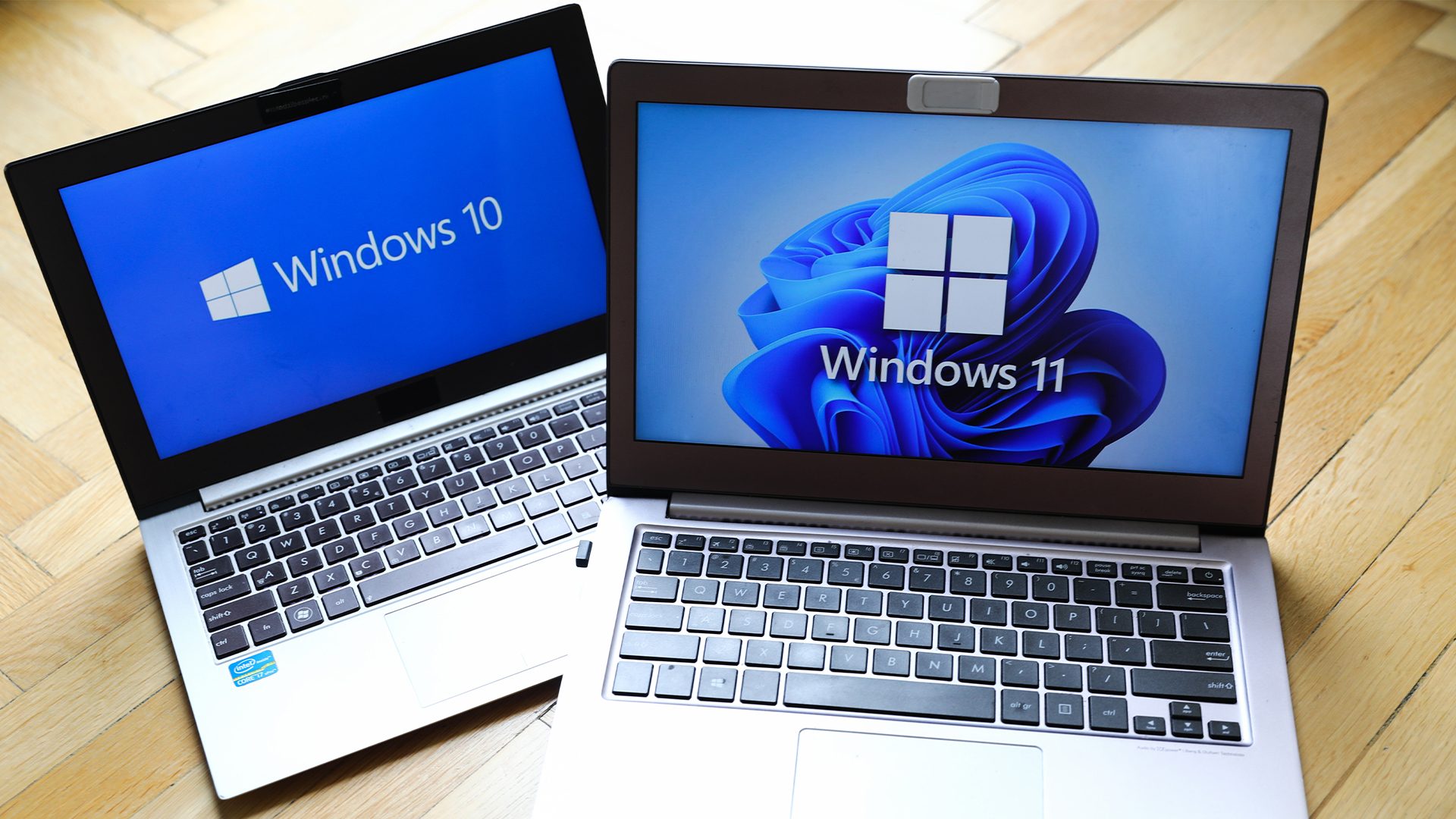 The NCSC just urged enterprises to ditch Windows 10 – here’s what you need to know
The NCSC just urged enterprises to ditch Windows 10 – here’s what you need to knowNews The UK cyber agency says those that haven’t migrated to Windows 11 should do so immediately
-
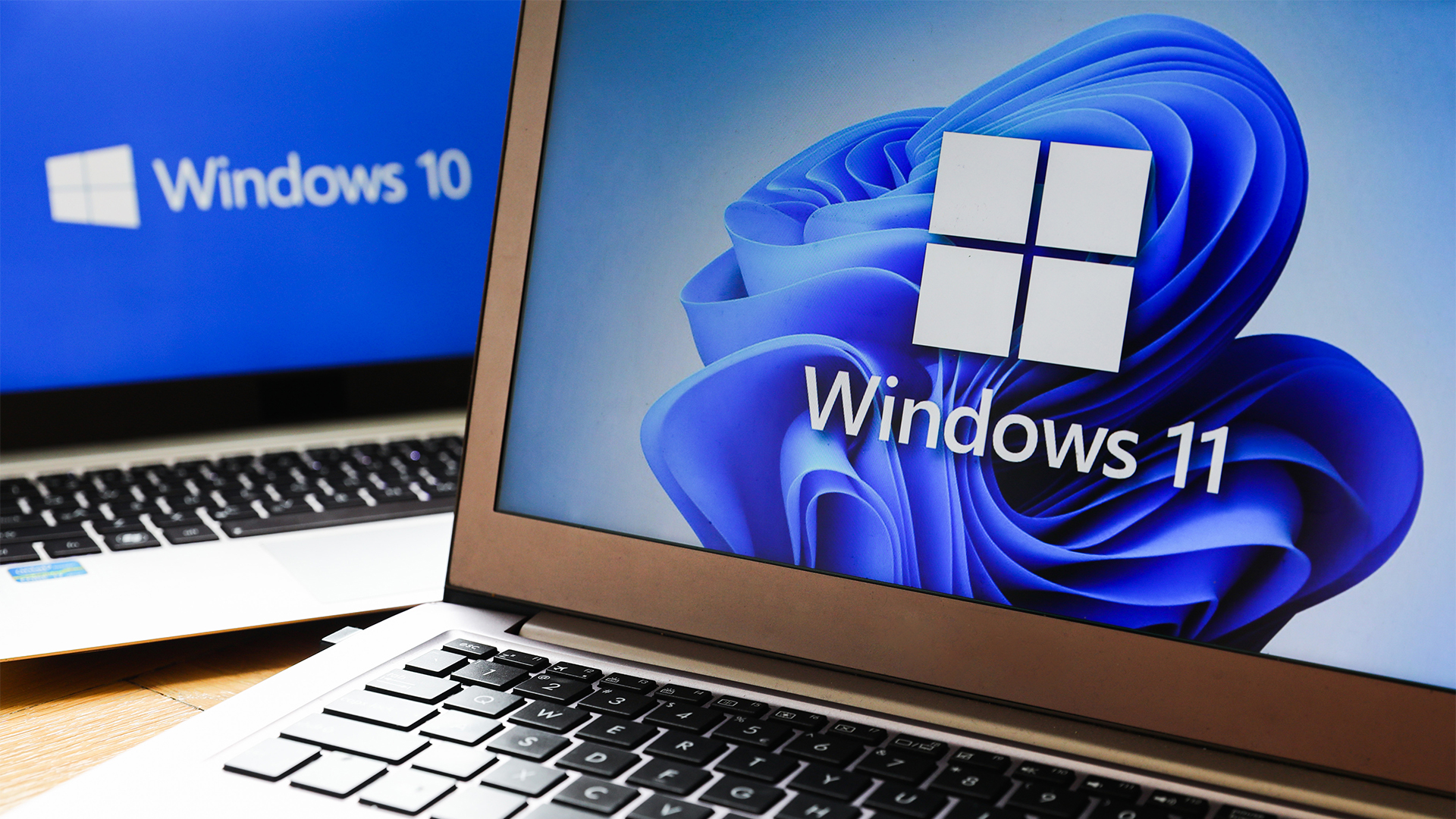 Windows 11 finally overtakes Windows 10 in popularity – but what’s driving this surge?
Windows 11 finally overtakes Windows 10 in popularity – but what’s driving this surge?News It’s been a long time coming, but Windows 11 is finally Microsoft’s most popular operating system
-
 Dragging your feet on Windows 11 migration? Rising infostealer threats might change that
Dragging your feet on Windows 11 migration? Rising infostealer threats might change thatNews With the clock ticking down to the Windows 10 end of life deadline in October, organizations are dragging their feet on Windows 11 migration – and leaving their devices vulnerable as a result.
-
 Recall arrives for Intel and AMD devices after months of controversy
Recall arrives for Intel and AMD devices after months of controversyNews Microsoft's Recall feature is now available in preview for customers using AMD and Intel devices.


